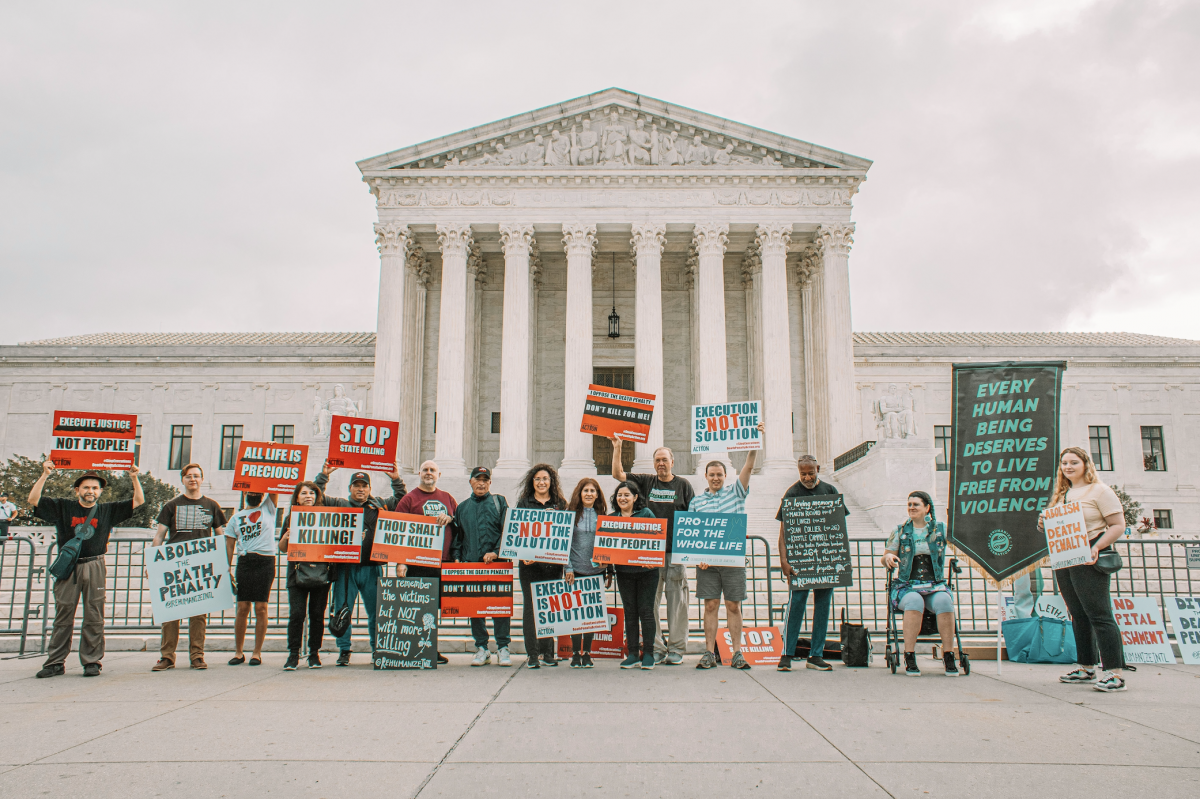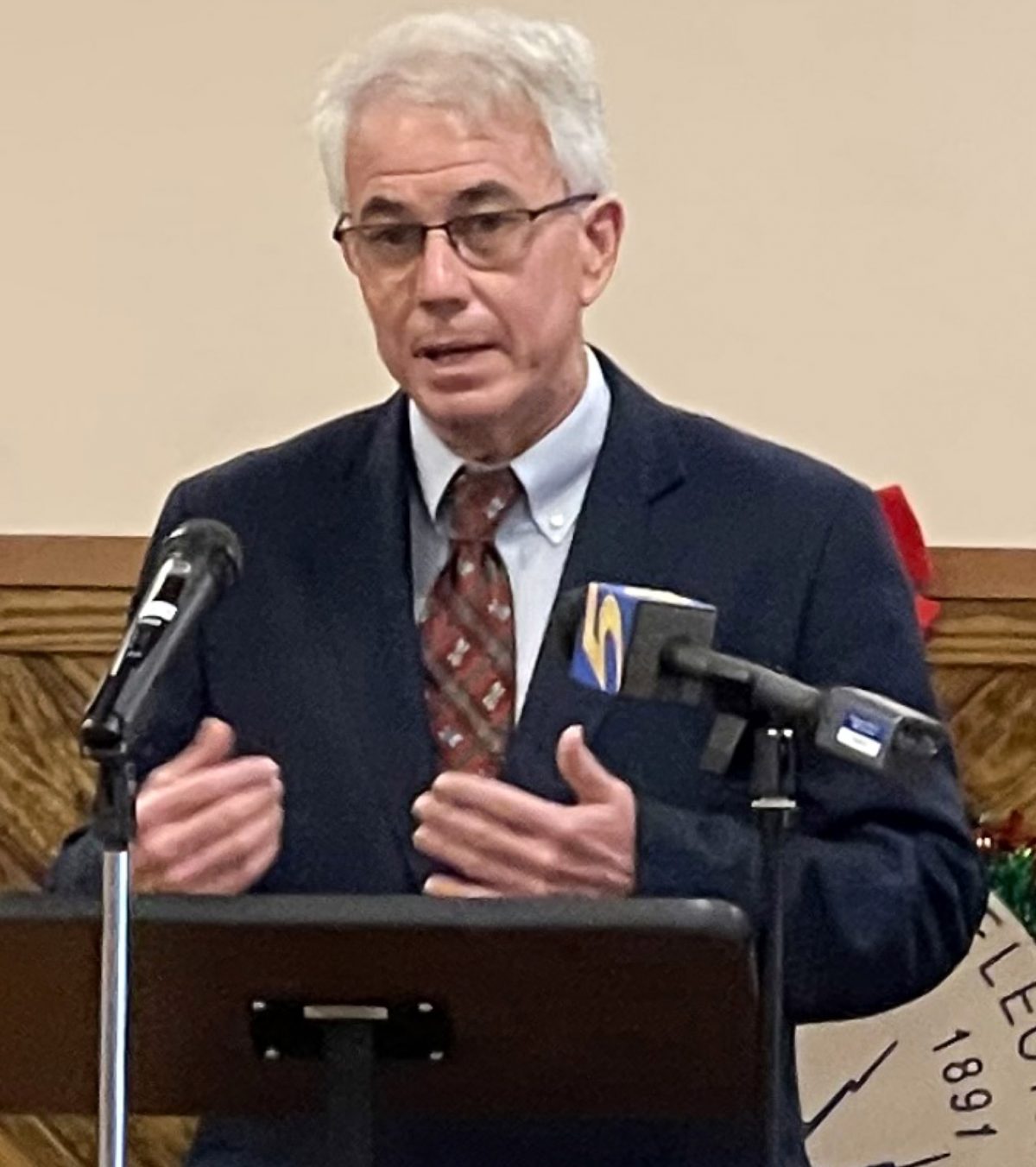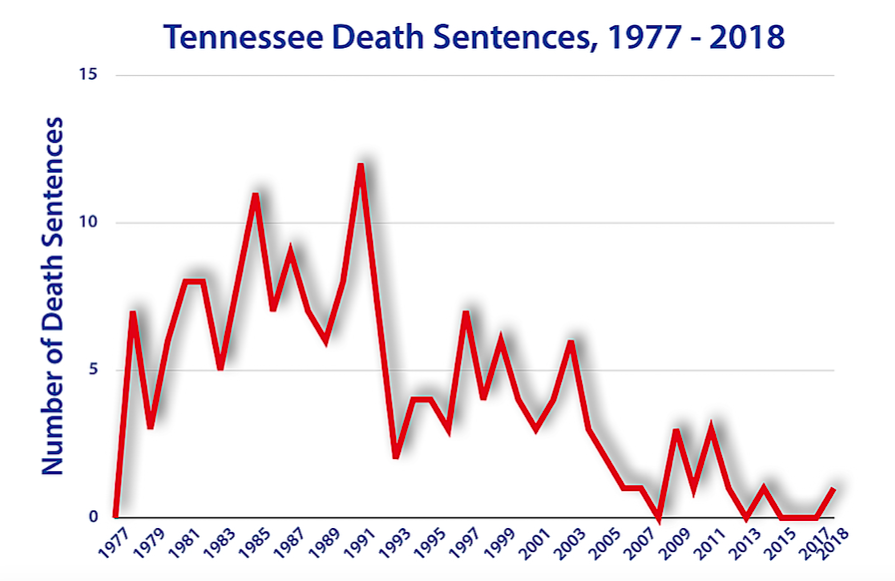GOP lawmakers still want to kill child rapists in Tennessee and while laws to do it have passed both chambers, death penalty opponents question motives behind the legislation.
If the governor signs the bill, adults over the age of 18 could face the death penalty if they rape a child under the age of 12. However, judges could also levy lesser punishments to those convicted.
The legislation was sponsored by two powerful lawmakers: House Majority Leader Rep. William Lamberth (R-Cottontown) and Senate Majority Leader Sen. Jack Johnson (R-Franklin).
The House version of the bill passed Tuesday. The Senate version passed earlier this month.
In 2008, the U.S. Supreme Court said a similar idea from Louisiana was “not proportional punishment for the crime of child rape.” In a Tennesseean op-ed published Monday, Johnson said he sponsored the legislation “in an effort to challenge the 2008 Supreme Court ruling.” That part rang a sour note for Tennesseeans for Alternatives to the Death Penalty (TADP) which said the statement shows “what this bill is really about.”
“Bottom line: This bill is about overturning Supreme Court precedent and not about protecting our children,” reads an email newsletter sent from the group Tuesday. “If protecting kids was the priority, then lawmakers would listen to the child service providers who continue to publicly share their concerns that this legislation will only chill the reporting of this crime since 90 percent of offenders are family or friends of the child. It will also trap children in decades of capital litigation that will only serve to re-traumatize them, particularly if they have to testify over and over again.”
Such legislation is on brand for the GOP’s tough-on-crime platform. Conservative lawmakers believe the threat of death is equal to the some crimes and their laws may make some re-consider their actions. But the bill could also open a big door for lawmakers down the road.
Current law says a “defendant guilty of first degree murder” must get a sentencing hearing in which they’ll get the death penalty, a life sentence, or a life sentence without the possibility of parole. This GOP bill removes “first degree murder” wherever it appears in current law and replaces it with “an offense punishable by death.” This would add child rape this year. But it seems to crack the door open for lawmakers to add other offenses in the future.
For now, though, Johnson and Lamberth are focused on child rapists, who Johnson called “monsters” in his op-ed.
“Child rape is the most disgraceful, indefensible act one can commit, leaving lasting emotional and psychological wounds on its victims,” he wrote. “As a legislator, and more importantly, as a human being, our responsibility to protect the most vulnerable comes first.”
However, the notion of upending the Supreme Court ruling was on Lamberth’s mind even as he presented the House version of the bill earlier this year. He vowed then to fight for its implementation in court. He noted that in 2008, the court’s ruling came because “not enough states had this type of penalty on the books.”
“We’re seen other decisions by the Supreme Court overturned,” Lamberth said. “I believe this particular makeup of the court, it leans more towards state’s rights.”
Death penalty executions remain on hold in Tennessee after a scathing report in December 2022 found numerous problems with the state’s execution protocols.
Two death penalty bills failed in the legislature last year. One would have added firing squads to the state’s options for executions. Another would have brought more transparency to the execution process.
One death penalty bill passed last year. It gave the Attorney General control over post-conviction proceedings in capital cases, rather than the local District Attorneys. That bill was ruled unconstitutional in July by Shelby County Criminal Court Judge Paula Skahan.




 Murderpedia, Tennessee Department of Corrections
Murderpedia, Tennessee Department of Corrections 








 Death Penalty Information Center
Death Penalty Information Center  Death Penalty Information Center
Death Penalty Information Center  Death Penalty Information Center
Death Penalty Information Center